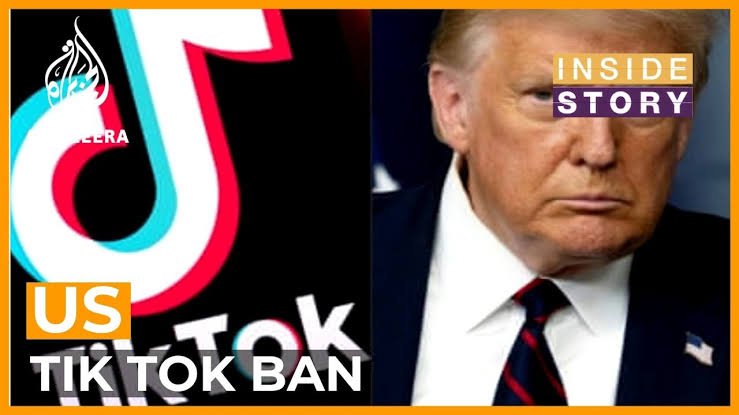In a move that has sent shockwaves across the United States, President Donald Trump has issued an executive order effectively banning the popular social media app TikTok, citing national security concerns over its Chinese ownership and data collection practices.
The executive order, signed late Thursday, prohibits any transactions with ByteDance, the Beijing-based parent company of TikTok, beginning in 45 days. This action could effectively remove the app from U.S. app stores and prevent it from operating within the country.
TikTok, known for its short-form videos and massive popularity among younger audiences, expressed shock at the decision. In a statement, the company said, “We are shocked by the recent executive order, which was issued without any due process.”
The Trump administration has raised concerns that TikTok’s data collection could allow the Chinese Communist Party access to Americans’ personal and proprietary information. The order also alleges that TikTok censors content deemed politically sensitive by the Chinese government.
This ban has ignited a fierce debate over issues of free speech, censorship, and the role of government in regulating technology. Critics argue that the move sets a dangerous precedent for the concept of free expression and open markets.
Supporters of the ban, however, contend that it is a necessary step to protect national security and prevent potential foreign interference in American affairs. They point to the app’s vast user data and its potential misuse by foreign entities.
The decision has also raised questions about the future of other Chinese-owned apps and their operations within the United States. It remains to be seen how this move will impact U.S.-China relations and the global tech industry.
As the 45-day deadline approaches, TikTok is exploring legal options and potential partnerships with American companies to continue its operations in the U.S. The situation remains fluid, with significant implications for technology, international relations, and user privacy.
